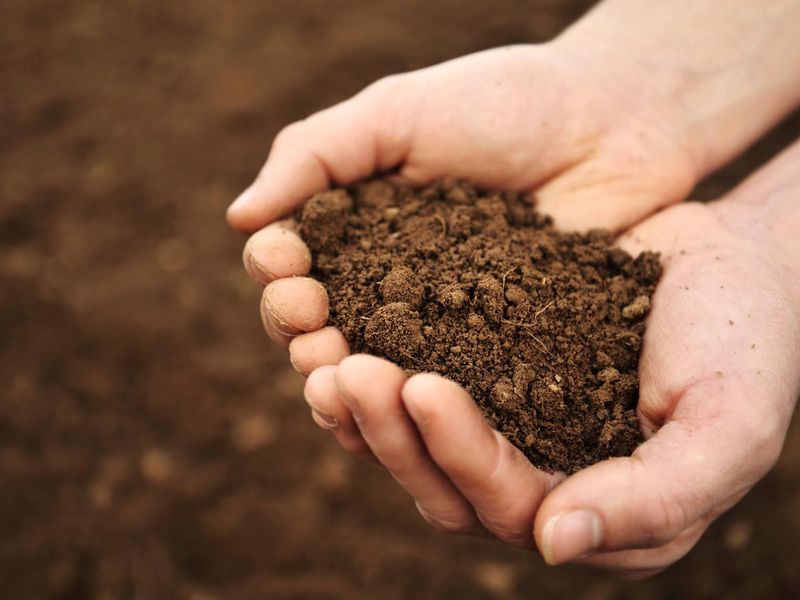One of my most common questions is “how much water should I have?” The amount of water you need in a garden depends only on soil and climate, so there’s no way I can answer this question.
The Right Amount of Moisture
To grow vegetables and fruit well, the soil must be moist.
Maintain completely moist soil and you will notice an increase in happiness and productivity of plants, reduction of pests (too dry), and disease (too wet). As it cools, the taste of water intensifies – tomatoes, zucchini, watermelon, and basil are the best!
Extremely humid soils are just as problematic as dry soils because none of these environments is a favorite soil and there are no nutrients in the soil that remain unchanged weak immunity, and issues that will dominate the violence.
Restoring the soil in good condition after it is wet or dry is a huge task. You can only do this once! It is worth taking care of your soil a bit and often.
Soil Moisture Terminology
These terms are often used to describe the moisture content of the soil. For more information on all these, see the Agricultural Dissemination Publications listed in Resources.
Soil moisture content is measuring the amount of moisture in the soil. It depends on the weight or volume of the soil or 1 inch of water per soil.
Soil water potential or soil water content tension is a measure of the adherence to the soil and is expressed as a unit of pressure called a bar (strength equal to atmospheric pressure). In general, the drier it is, the larger it will be in the soil and the more work the plant will do to absorb water from the soil.
Plant-available water (PAW) is in the soil between the volume of the soil (amount of water in the soil after weightless drainage, excess water) and permanent bleaching of the soil (most plants cannot restore balance). It is represented by 1 inch of water available at each step of the soil.
Measuring Soil Moisture
A tensiometer is a device that measures the amount of soil water. – The tube filled with a seal is sealed with a porous ceramic nozzle at the bottom and a hollow width at the top. They are placed in the soil to the depth of the root zone of the plant. Moves where the strain gauge moves through the surrounding soil until equilibrium is reached during expansion the moisture is observed above the unit. The readings show the presence of water on the ground. The tensiometer works well under the pressure of soil moisture, which can be close to field strength, and must be dried before use.
Electrically resistant blocks, also known as gypsum blocks, measure soil moisture. They consist of two electrodes embedded in a porous material, usually gypsum; the electrodes are connected to wires that land on the ground to read a moving meter. As water moves in or out of a porous body at the same level as the surrounding earth, the electrical resistance between the two electrodes changes. Resistance gauge measurements are converted to water voltage using a calibration curve. Gypsum blocks are subject to higher soil moisture loads than tensiometers, but they usually deteriorate over time and may need to be replaced annually.
Time Domain Reflectometry (TDR) is a tool that transmits an electrical signal to steel rods on the ground and measures the signal return to estimate the amount of groundwater. Wet soil returns the signal more slowly than dry soil. This sensor allows you to quickly and accurately read the amount of groundwater, so it does not require any protection or protection. However, this requires further work to interpret the data that may be required at a specific caliber depending on soil properties.
Finally a Thought
A soil moisture meter can help test soil moisture. The results of these meters must be monitored and planned to get an accurate picture of soil moisture. Digging soil samples and measuring moisture by touch is a reasonable way to estimate soil moisture.
Deep watering involves the gradual distribution of moisture in your lawn and garden. In many cases, improper tillage complicates this task. By adding changes like peat moss, compost, or other organic additives, you can improve the soil’s ability to retain moisture.



